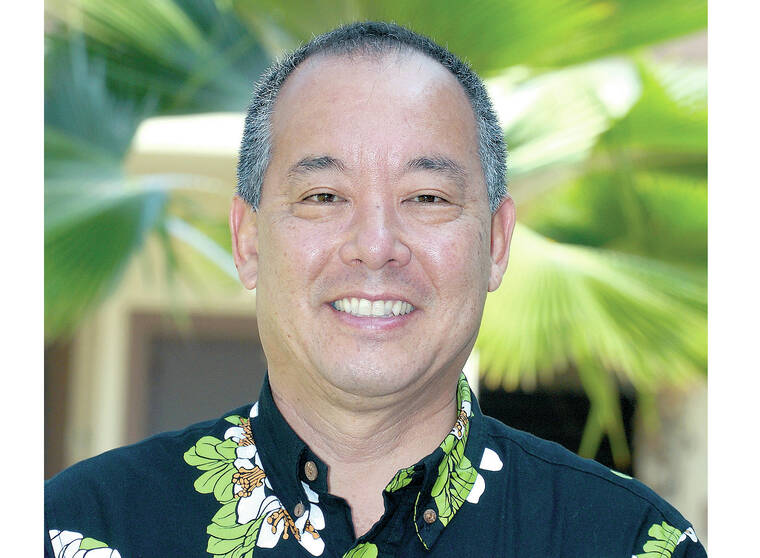Hawaii County Council members on Tuesday were skeptical of a plan to address rampant homelessness on the island.
The County Council Committee on Governmental Operations, Relations and Economic Development discussed a plan presented by the Office of Housing and Community Development identifying what various community stakeholders believe are the most pressing priorities for eliminating homelessness.
The plan — called a “Strategic Roadmap for Homelessness and Housing” — was commissioned from Ontario firm OrgCode Consulting Inc. after the passage of a bill earlier this year that allocates at least 75% of property tax revenue collected each year from second luxury homes to county programs addressing homelessness.
With that policy expected to generate $9 million this fiscal year, the roadmap is intended to outline how that money should eventually be spent.
Housing Administrator Susan Kunz briefly introduced the roadmap at Tuesday’s meeting before turning the floor over to OrgCode President and CEO Iain De Jong.
De Jong explained that the plan was developed through a series of meetings with community members and stakeholders who created a prioritized list of what should be invested in first in order to end homelessness.
Of those items — the one identified as most important — is the need to build permanent housing for homeless people and people with greater support needs. The second priority is the need for greater detoxification and treatment services for homeless people addicted to substances, and of third priority is the need for stable housing for families with minor children.
Based on the priorities identified in the roadmap, De Jong said that the county should allocate 55% of its homeless funding over the next five years to develop housing options and 30% for medical and treatment services.
But the council members at the meeting seemed nonplussed by the presentation. Almost immediately after De Jong’s presentation concluded, Hilo Councilman Aaron Chung bluntly asked how much the county paid OrgCode for its work — De Jong said the contract was for $8,600.
“If the Ukrainians had put this (plan) together in their battle against Russia, they may as well just call it quits now,” Chung said in an unusual nonsequitur.
Chung also pointed out that even though the roadmap identified the need for additional housing, with construction costs rising rapidly worldwide, the county might be in a worse position than ever to actually fulfill that need.
“I’m a bit disappointed,” said Kona Councilwoman Rebecca Villegas. “I feel like I could have written some of this.”
Villegas said the roadmap’s conclusions were overly obvious and only validate the need for housing projects that the county already is having difficulty completing. She specifically mentioned the KukuiOla Village, a planned 30-unit shelter under construction in West Hawaii that is plagued by delays.
Other council members raised questions about the prioritization within the roadmap. Although De Jong said other homeless programs are a moot point if there aren’t any actual houses to put people in — “we would only be managing homelessness, not ending it,” he said — South Kona and Ka‘u Councilwoman Maile David questioned that assertion.
David said those homeless people who are mentally ill or addicted need to receive treatment for those issues first before receiving housing, otherwise they will be on the streets again in short order.
The meeting ended with no real conclusion after two hours of discussion. But following the meeting, the Office of Housing and Community Development will begin a request for proposals for other organizations to develop programs to incorporate the roadmap’s priorities.
“Our administration understands the need to involve stakeholders in these critical discussions, and is truly grateful to the community for their willingness to come together and tackle some of the most challenging issues facing our county,” said Mayor Mitch Roth in a statement.
Email Michael Brestovansky at mbrestovansky@hawaiitribune-herald.com.




